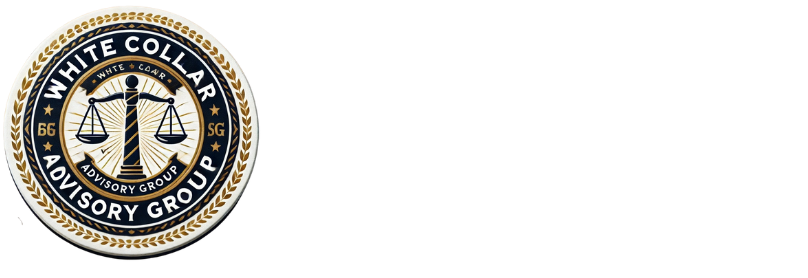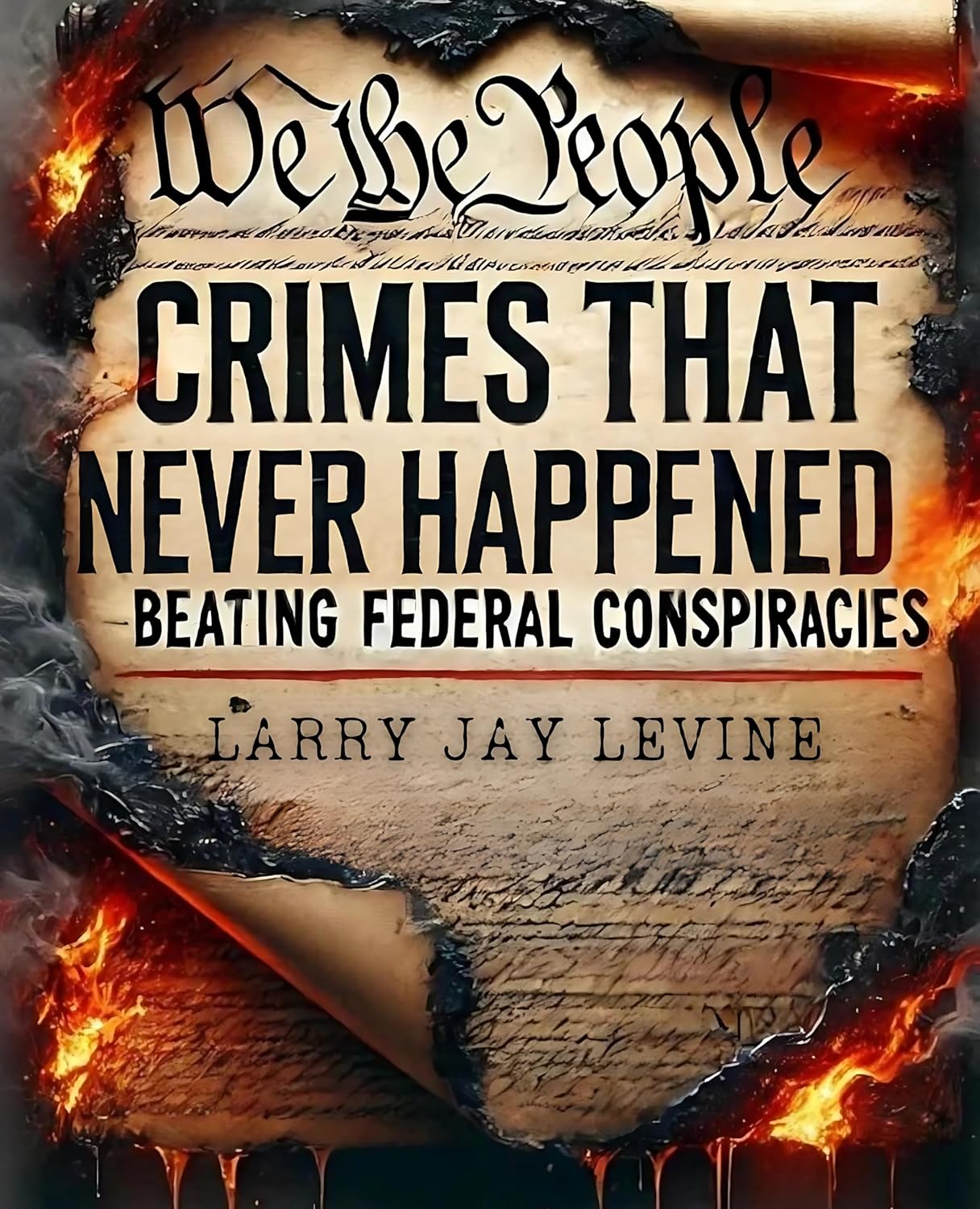Facing Charges in the Central District of California.
Here’s what You Need to Know!
If you’re facing federal charges in the Central District of California (CDCA), you’re dealing with one of the largest and busiest federal districts in the country. Covering Los Angeles, Orange, Riverside, San Bernardino, San Luis Obispo, Santa Barbara, and Ventura Counties, the CDCA handles everything from white-collar crimes and organized crime cases to drug trafficking, immigration offenses, and cybercrime. Federal prosecutors here are aggressive, well-funded, and experienced in securing convictions, while judges are known for imposing strict sentences, especially in high-profile cases.
Quick Facts About the Central District of California
- Jurisdiction: Los Angeles, Orange, Riverside, San Bernardino, San Luis Obispo, Santa Barbara, Ventura Counties
- Conviction Rate: Over 90%
- Common Charges: Fraud, money laundering, drug trafficking, cybercrime, immigration offenses
- Prison Sentencing Trends: Average 5–25 years depending on the offense
Prosecutorial Reputation: Aggressive in prosecuting white-collar crimes, drug offenses, and large-scale fraud
The Central District of California (CDCA) is one of the largest and most influential federal judicial districts in the United States. Established in 1966, it was formed by splitting from the Southern District of California due to the region’s growing population and increasing caseload.
How White Collar Advisory Group Can Help You
That’s where White Collar Advisory Group comes in. We prepare criminal defendants in dealing with the federal court system and while attorneys focuses on courtroom strategy, we focus on protecting your future by preparing you for the realities of federal prosecution and prison life.
Our services go beyond legal defense—we focus on what comes next:
- Sentencing Preparation: Learn how to present yourself effectively to mitigate sentencing outcomes, including strategies for the Presentence Investigation Report (PSR).
- Prison Consulting: Guidance on navigating the federal prison system, from security classifications to daily survival strategies.
- Sentence Reduction Strategies: Advice on qualifying for programs like RDAP, compassionate release, and sentence mitigation tactics.
- Post-Conviction Support: Assistance with halfway house placement, supervised release, and reentry strategies after prison.
We’ve helped countless clients navigate the federal system, and we’re ready to help you.
📧 Email: help@whitecollaradvisorygroup.com
📞 Phone: 480-745-2000`
Common Federal Charges in the Central District of California
Given the size and diverse population of the district, federal prosecutors handle a wide range of complex cases. Here’s a prioritized list based on regional trends:
- Bank Fraud – Deceiving a bank or financial institution for financial gain.
- Cybercrime – Hacking, identity theft, online fraud, and cryptocurrency crimes.
- Embezzlement – Misappropriating funds entrusted to one’s care.
- Healthcare Fraud – Billing for false medical services or inflating charges.
- Identity Theft – Using someone else’s personal information for fraud.
- Mail Fraud – Using mail services to commit fraudulent schemes.
- Money Laundering – Concealing illegal funds through legitimate businesses.
- Securities Fraud – Manipulating financial markets or misleading investors.
- Tax Evasion – Avoiding taxes through underreporting, offshore accounts, or fraudulent deductions.
- Wire Fraud – Committing fraud via electronic communication.
Frequently Asked Questions About Central District of California Cases
What happens if I’m charged with a federal crime ?
You’ll be processed through one of the Central District of California courthouses, likely in Los Angeles, Santa Ana, or Riverside. Your case will be prosecuted by the U.S. Attorney’s Office, and you’ll face a federal judge. The process includes arraignment, pretrial hearings, plea negotiations, and sentencing.
Where are Federal PreTrial Inmates Held in the Central District of California?
- MDC Los Angeles
- Santa Ana City Jail
- Riverside County Jail
- San Bernardino County Jail
- Los Angeles County Jail
What’s the conviction rate in CDCA?
Due to the largest amount of federal judges and federal prosecutors in any District Court in the country, 97.1% of federal cases result in convictions, primarily due to aggressive prosecution strategies and extensive government resources.
The majority of federal investigations in the district are initiated by the FBI, DEA, HHS OIG, ATF, the US Secret Service, Homeland Security and the Postal Inspector.
How do I contact the federal court?
The main courthouse is located at 255 E. Temple Street, Los Angeles, CA 90012. The phone number is (213) 894-1565.
Getting a Federal Bond in the Central District of California
Securing a federal bond in the Central District of California (CDCA) is a critical step for defendants seeking pretrial release. Unlike state bail, federal bonds require approval from a federal magistrate judge, who evaluates the defendant’s flight risk and danger to the community. Common types of federal bonds include signature bonds (unsecured), cash bonds, and property bonds, which require collateral like real estate. The Pretrial Services Office conducts a background investigation and provides a recommendation before the judge makes a final decision.
In CDCA, federal bonds often involve a third-party surety, meaning a co-signer (family member, friend, or employer) may need to pledge assets to ensure compliance with court conditions.
ZIP Codes Covered by CDCA
- Los Angeles: 90001, 90012, 90015, 90028
- Orange County: 92701, 92626, 92806
- Riverside County: 92501, 92504, 92262
- San Bernardino County: 92346, 92401
- Ventura County: 93003, 93036
- Santa Barbara County: 93101, 93454
- San Luis Obispo County: 93401, 93405



